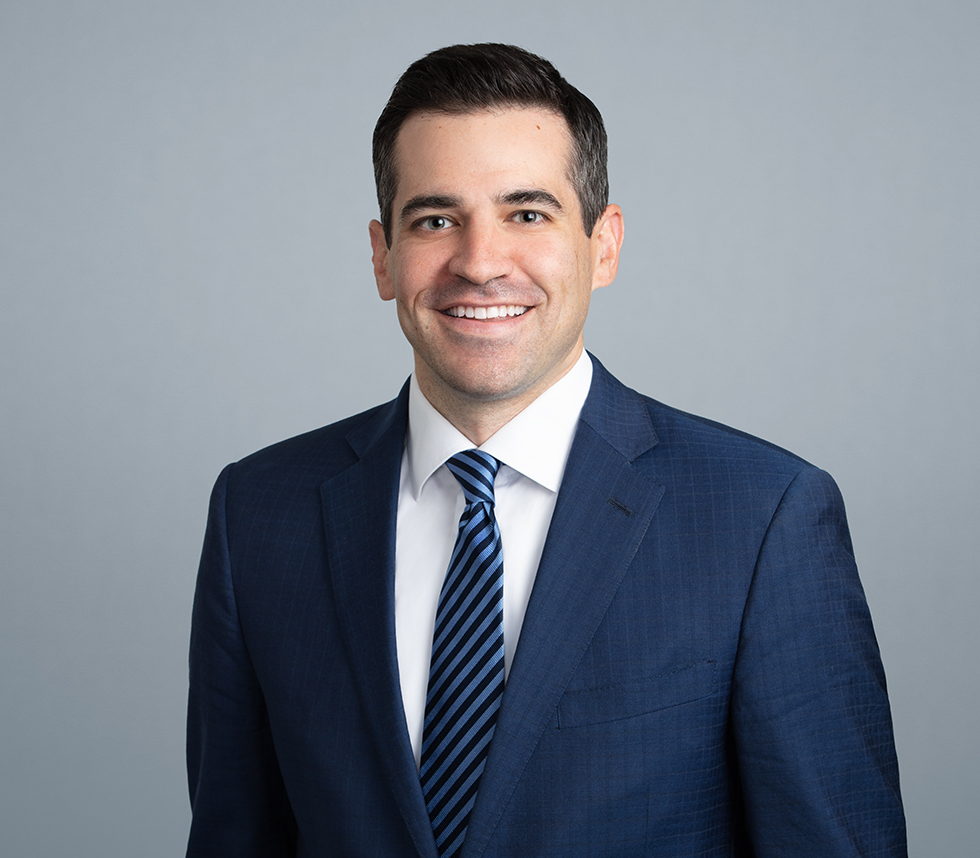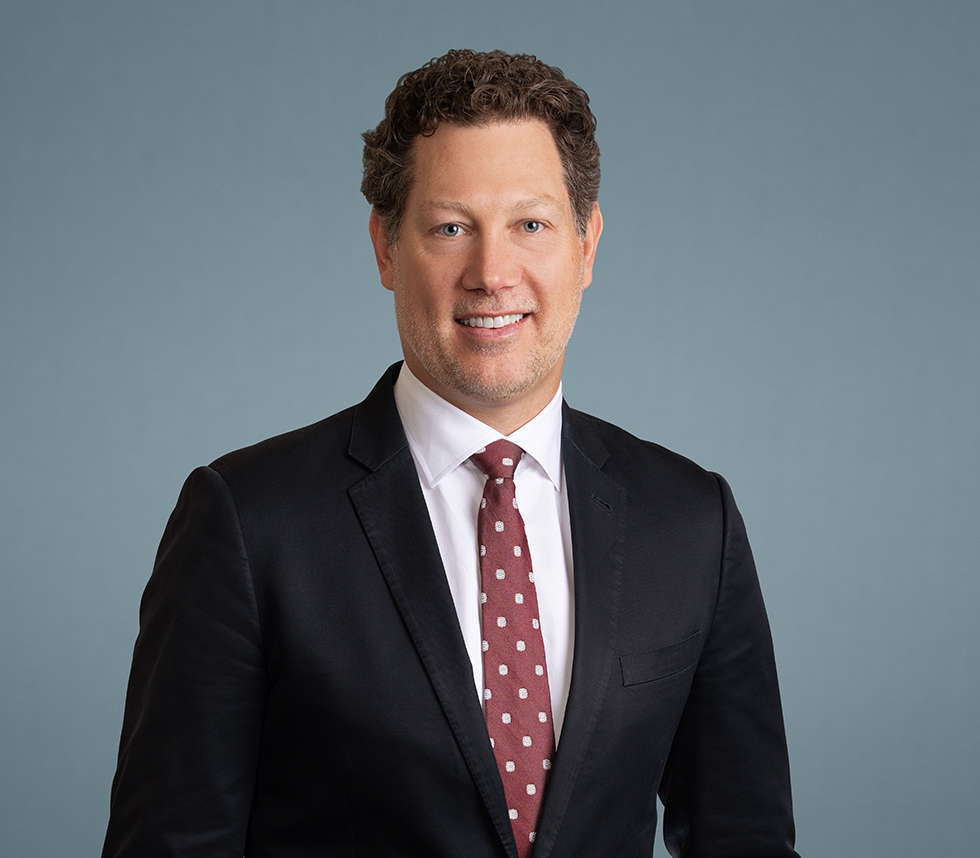
Geographic Arbitrage: One Associate’s Perspective about its Virtues and Advantages
Two weeks ago my colleague and firm-founder, Mike Hilgers, published a blog post about geographic arbitrage in the legal services industry. As that post explains, geo-arbitrage is when a business strategically locates its offices and operations in cities with more affordable real estate and lower costs of doing business. Since geo-arbitrage has a lot to do with why I now live and practice in Lincoln, Nebraska, I want to give you one associate’s perspective on the virtues and advantages of this innovative business model.
First, a few words about my (winding) path to Hilgers Graben. After finishing law school at the University of Chicago in 2014, I spent a year with a “BigLaw” firm in Washington, D.C., followed by a one-year clerkship in Pennsylvania with a judge on the U.S. Court of Appeals for the Third Circuit. After my clerkship, my family and I moved to Denver where I joined an elite trial litigation boutique, Wheeler Trigg O’Donnell. Then, in July 2018, we decided to relocate to Lincoln so I could take a job with Hilgers Graben.
I made this decision based on four main, interrelated reasons:
1. Fewer billable hours.
2. Shorter commute.
3. Lower housing and living costs.
4. Opportunity to meaningfully participate in business development.
As I will explain below, geo-arbitrage is wrapped up in each of these reasons.
Fewer billable hours. For most associates and other attorneys in private practice, it should come as little surprise that one of the main drivers behind my decision to leave Denver for Lincoln and Hilgers Graben was the prospect of having a significantly lower “billable hours” expectation. One reason big firms have such high billable requirements is that they need to squeeze as much productivity out of each associate in order to offset the astronomical fixed overhead that each attorney represents, including rising health insurance costs, expensive office space, fancy art work and conference rooms, and large cadres of support staff, assistants, and paralegals, to name a few. But because of geo-arbitrage (i.e., due to much lower overhead and costs of living), the firm can still make a healthy profit and pay its attorneys well above the local market rates, while requiring far fewer billable hours per attorney than is the norm at BigLaw.
Shorter commute. During my years living and practicing in DC and Denver, I usually spent between 75 and 90 minutes commuting to and from my office every single work day. All told, that means I probably spent north of 300 hours per year simply traveling to and from work. On top of the ~2,000+ billable hours expectations at my law firms, this was a recipe for late nights and weekends not spent with my family. Here in Lincoln, my office is between 7 and 9 minutes from my home (depending on traffic ????). So when I go to the office – and even before COVID I worked from home about half the time – I spend at least one hour less per day on my commute. As associates at BigLaw firms, how many times do we find ourselves thinking, “if only I had 1 extra hour every day?!” I can now use that time for exercise, playing catch in our back yard with my sons, or – more likely – helping my wife with dinner and the dishes!
Lower cost of living. When we moved to Denver, the plan was to buy a home within a year. But after we started seeing some homes in the Denver suburbs within the first few months, we realized that it was going to cost a LOT of money, for NOT a lot of home, that was still going to be 45 minutes from my office in downtown Denver. In Lincoln, we bought a home three months after moving here for a fraction of that cost, with a large backyard, a safe neighborhood, and a fantastic school our kids can walk to and from. And as noted above, I am still only a few minutes’ drive from my office! More generally, life is simply cheaper in Lincoln (on average) than in the cities where most BigLaw firms are located. (When assessing the option to join Hilgers Graben, I relied on various online cost-of-living calculators, which told me that I could take a roughly 20 percent pay cut relative to my salary in Denver and still maintain the same standard of living here in Lincoln.) This cost-of-living differential results in big savings for clients and great financial upside for firm employees like myself.
Business development and caliber of work. Last but not least, HG offers me a unique opportunity to participate on the business-development side of law practice, all while continuing to work on high-caliber, complex litigation. This has a lot to do with geo-arbitrage. At big firms, litigation associates – and even many junior partners – usually have little to distinguish themselves by when attempting to bring new business through the door. This is because, in reality, there are tons of smart, well-credentialed attorneys in every major city in the country. Because of this, even if you happen to be a top-notch attorney, it can be very difficult to figure out how to educate clients about what makes you so great! With geo-arbitrage, however, I immediately have a tangible value-add that distinguishes me from other attorneys of my vintage and experience level in big cities: an hour of my time will cost my clients roughly 50 to 60 percent less than what my BigLaw peers’ time would have cost. This fact alone allows me to shoot for work and gain experience that is much harder to come by if I had to bill my time at $600 per hour (or more).
In sum, and in my view, geo-arbitrage is the key to unlocking the many benefits that come with living in smaller locales like Lincoln without making huge sacrifices in compensation or caliber of work.



















